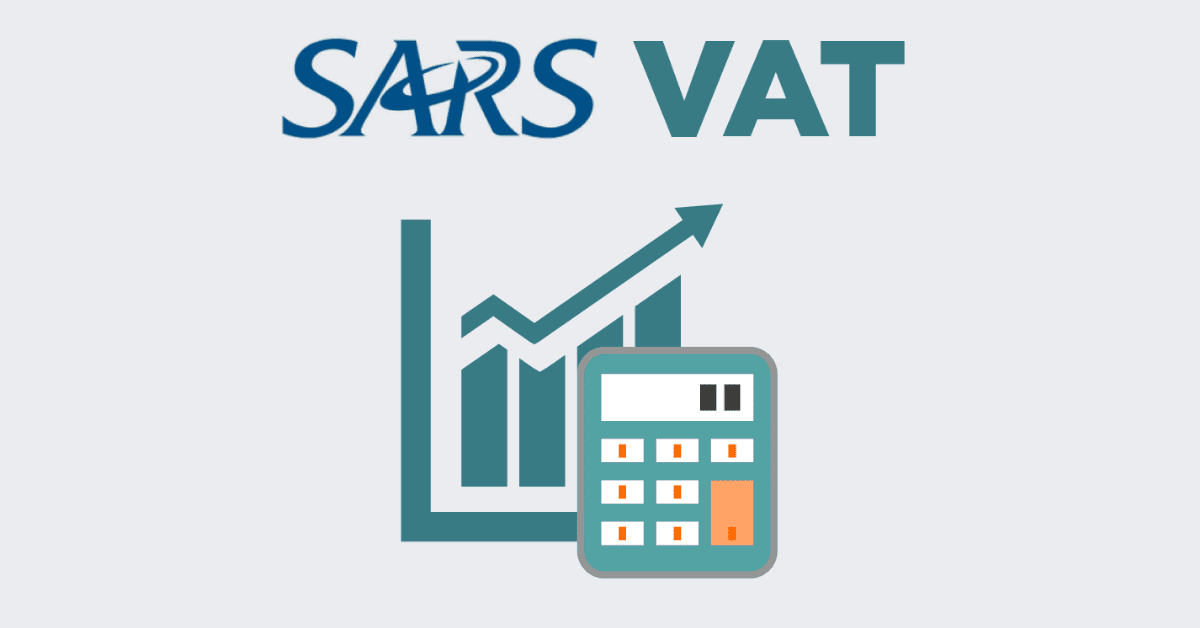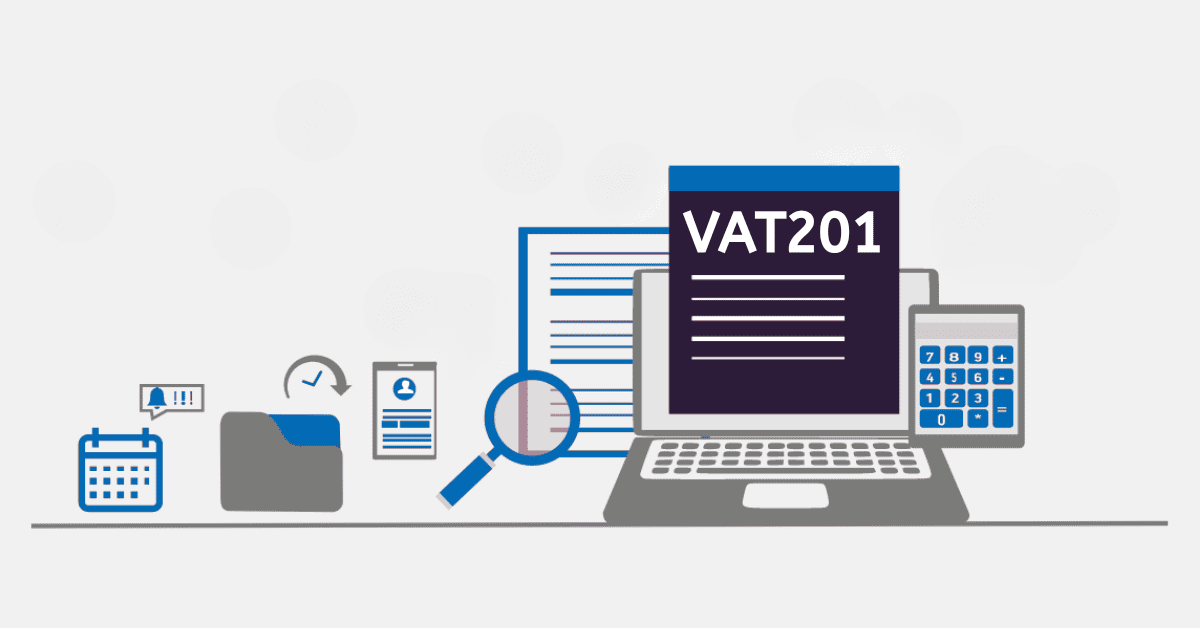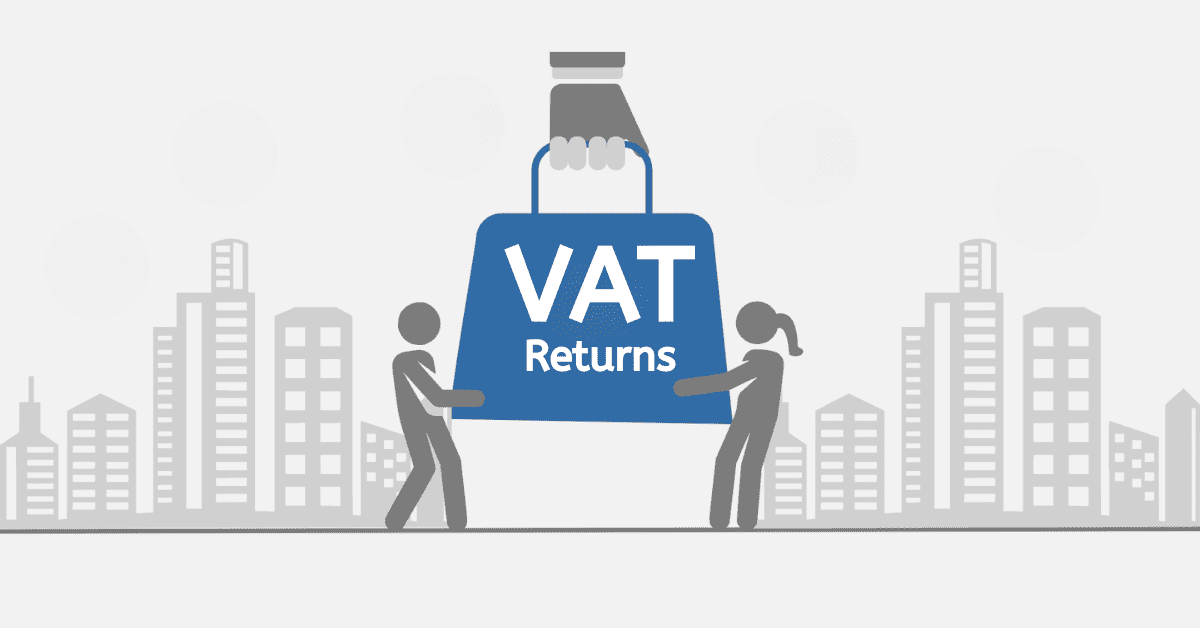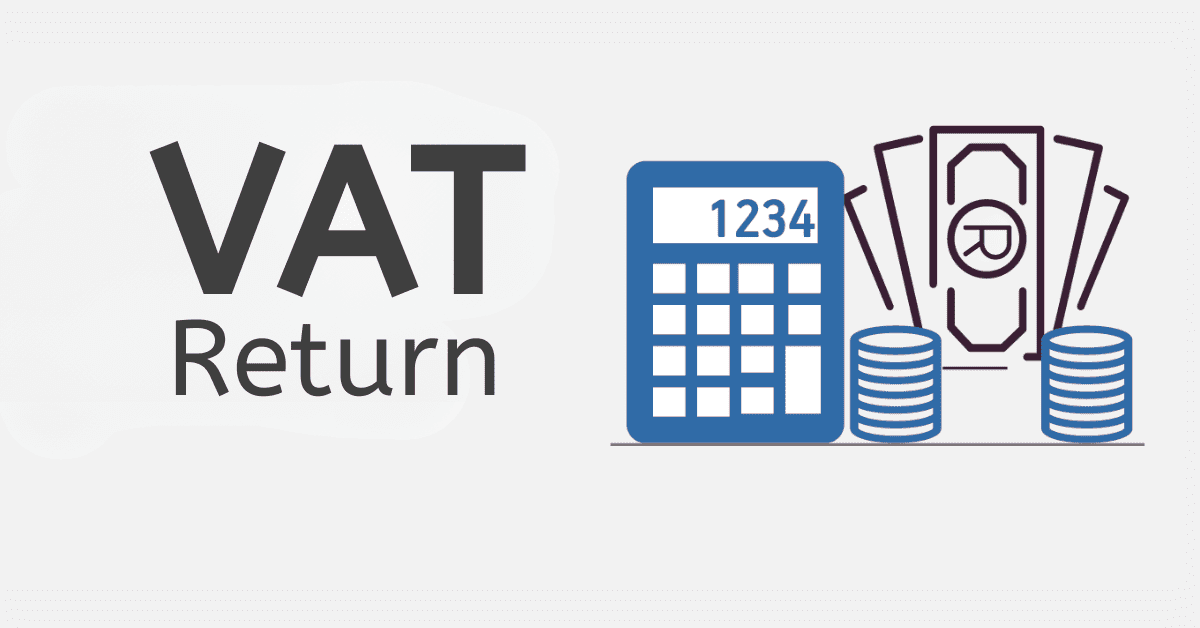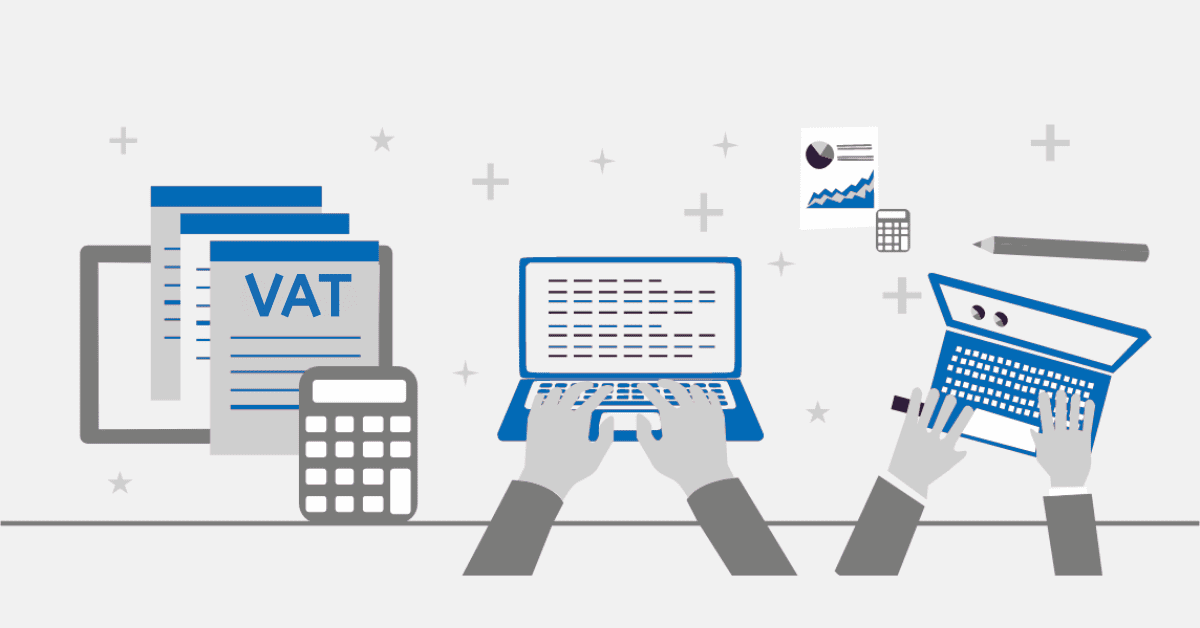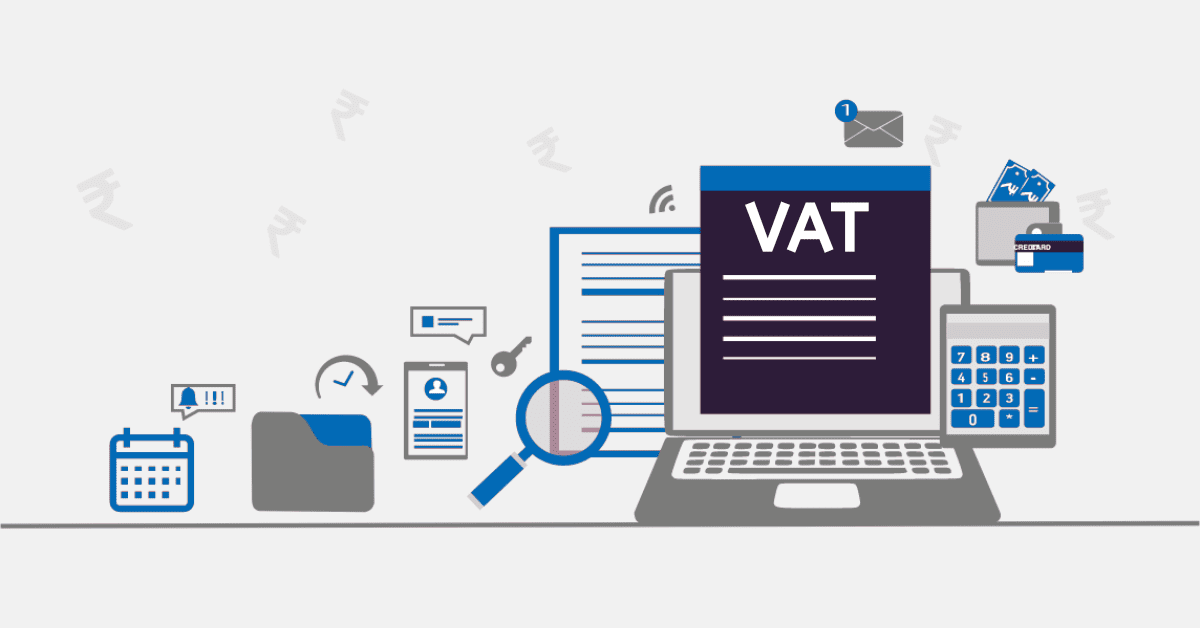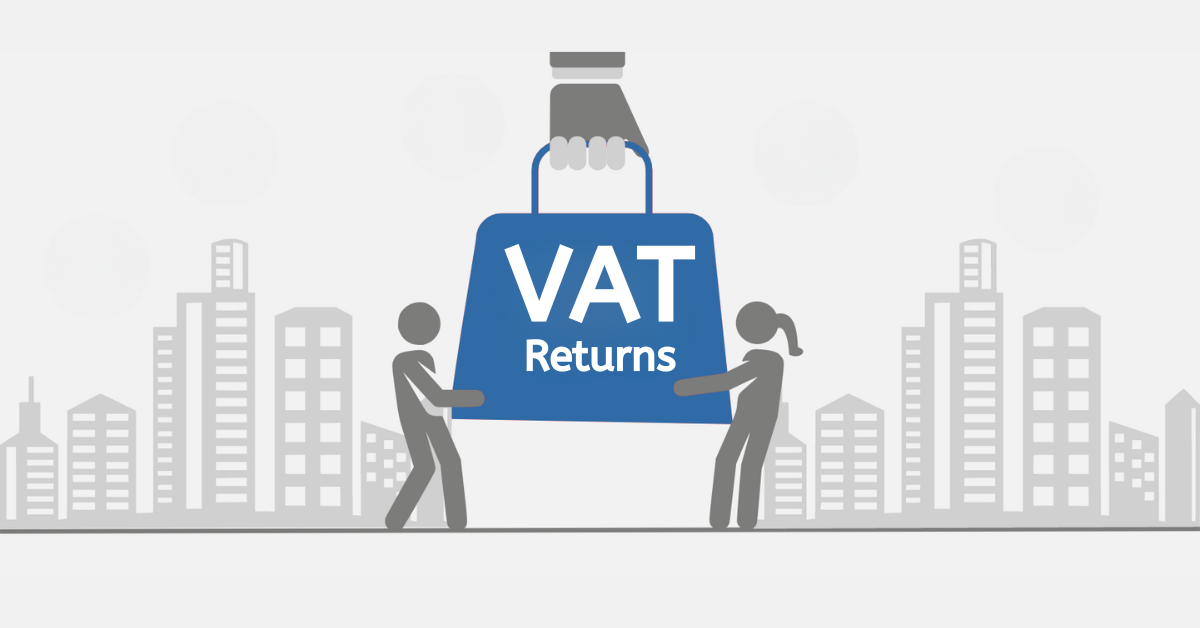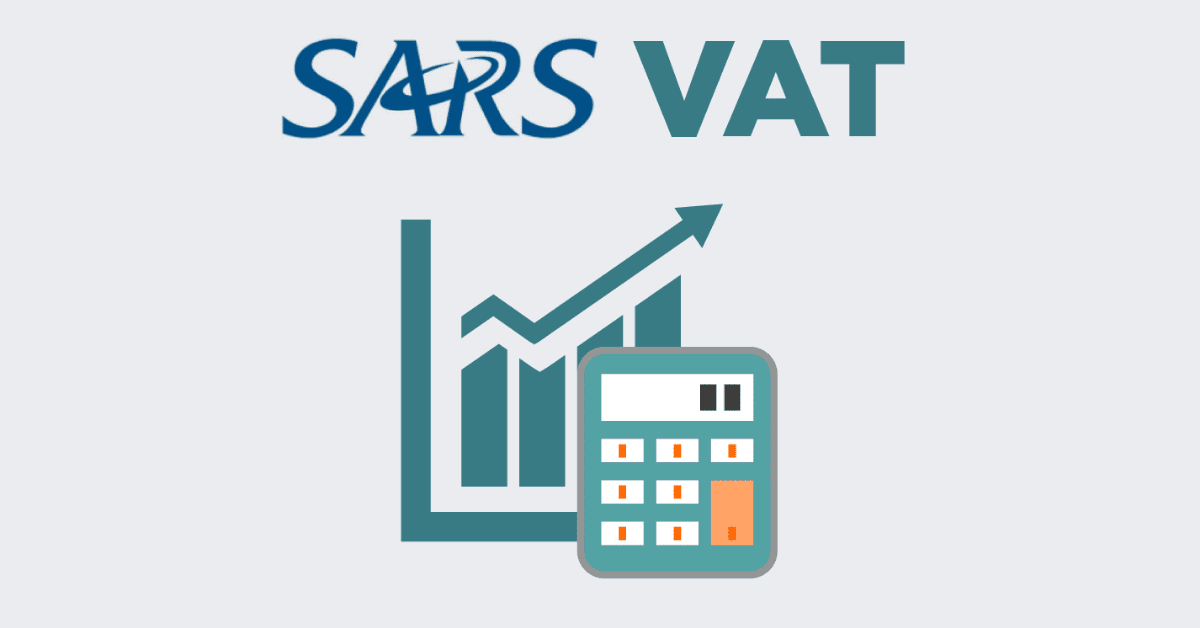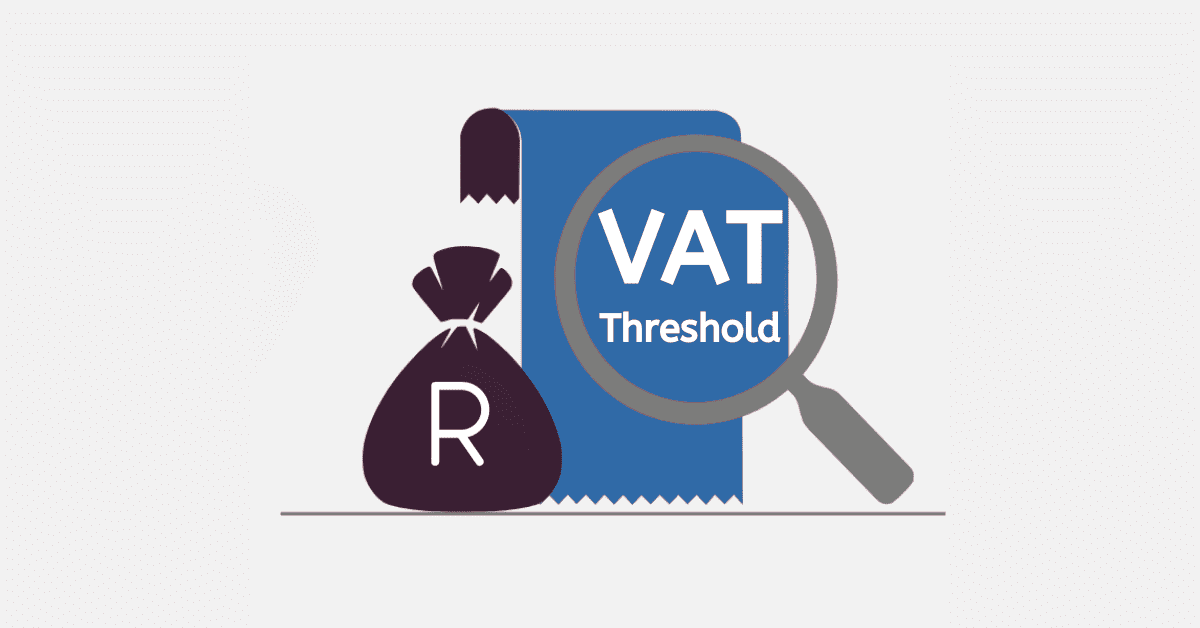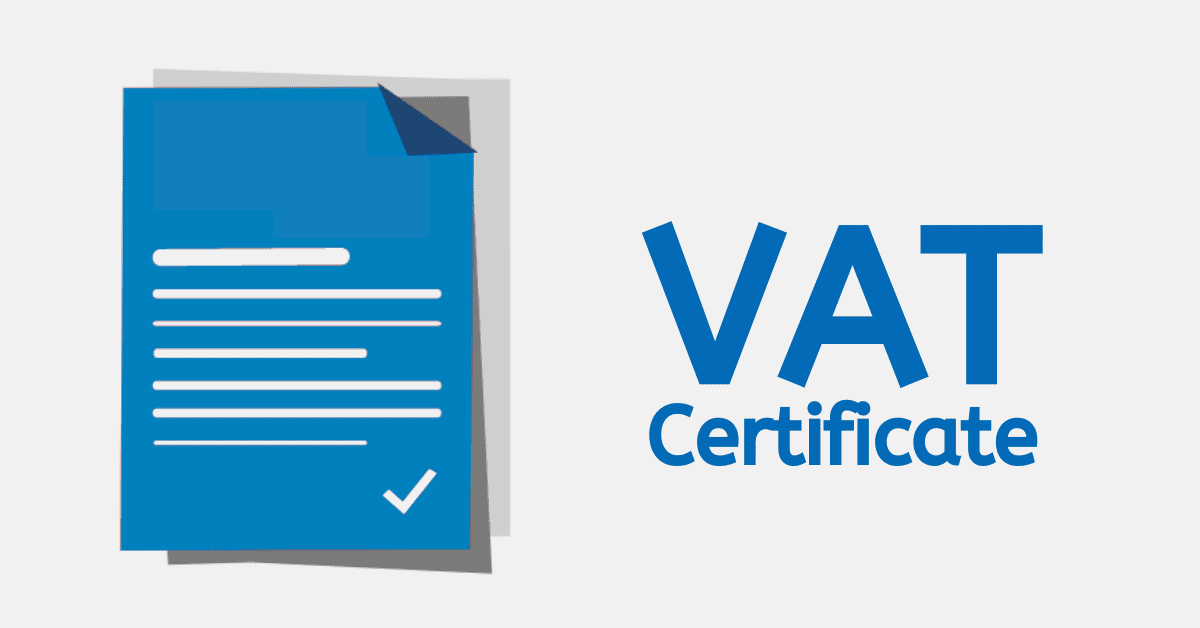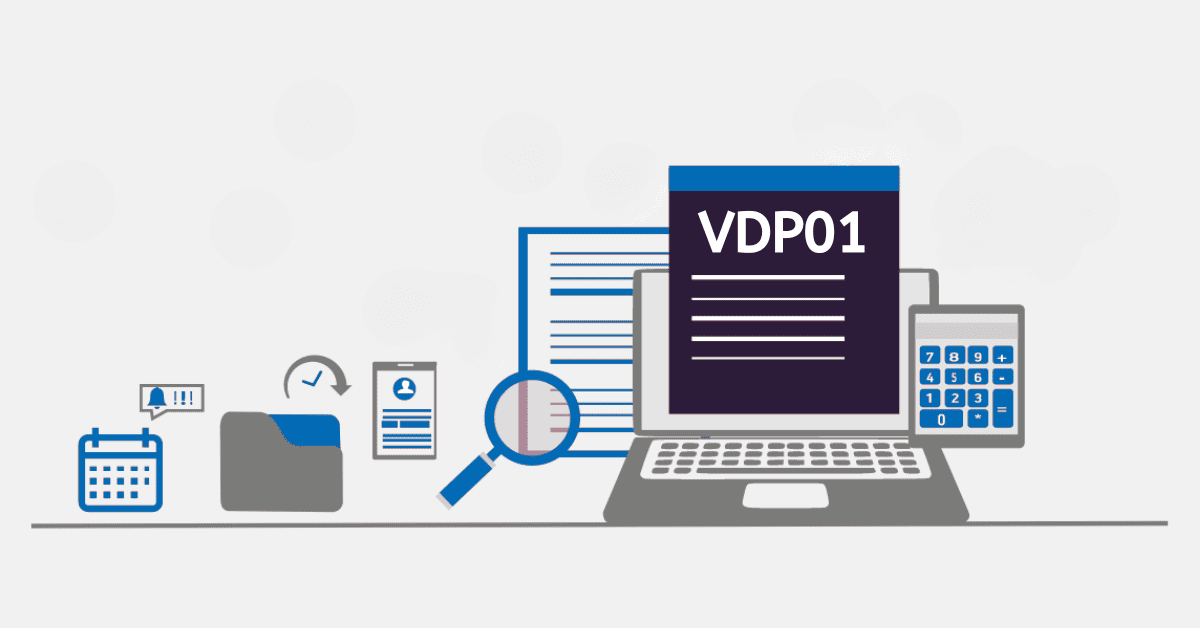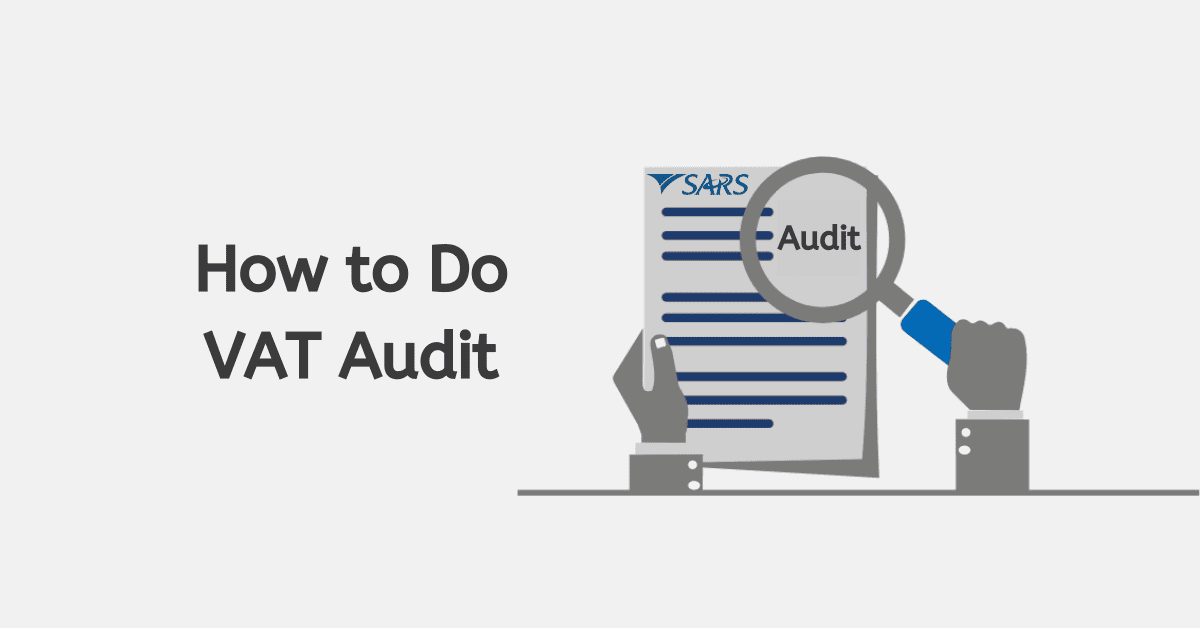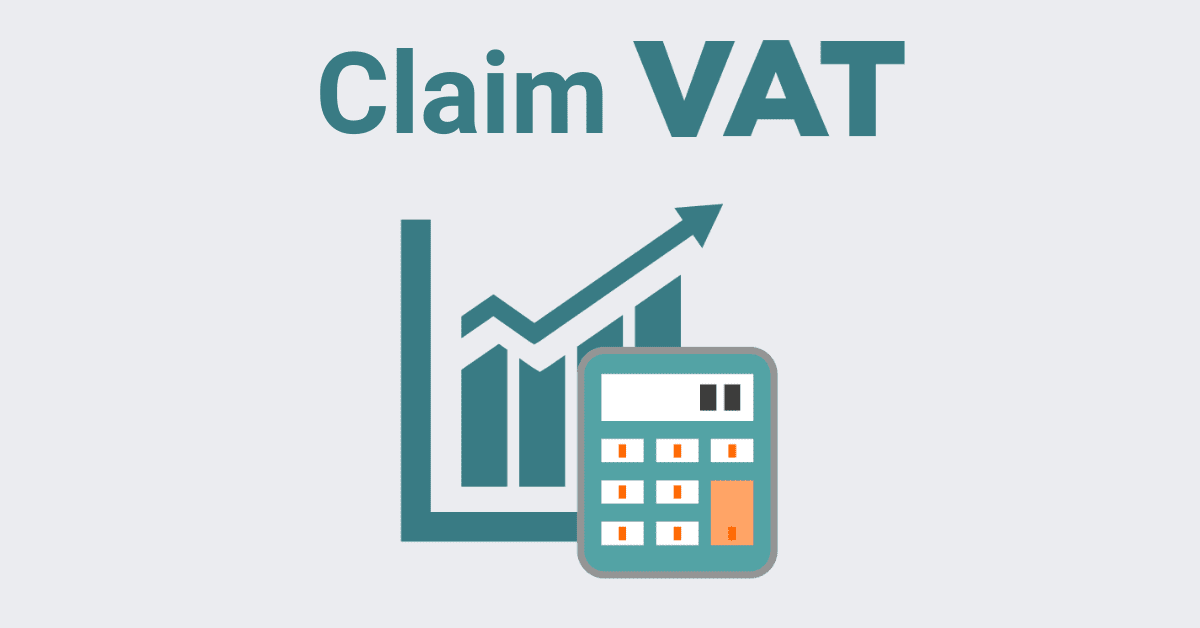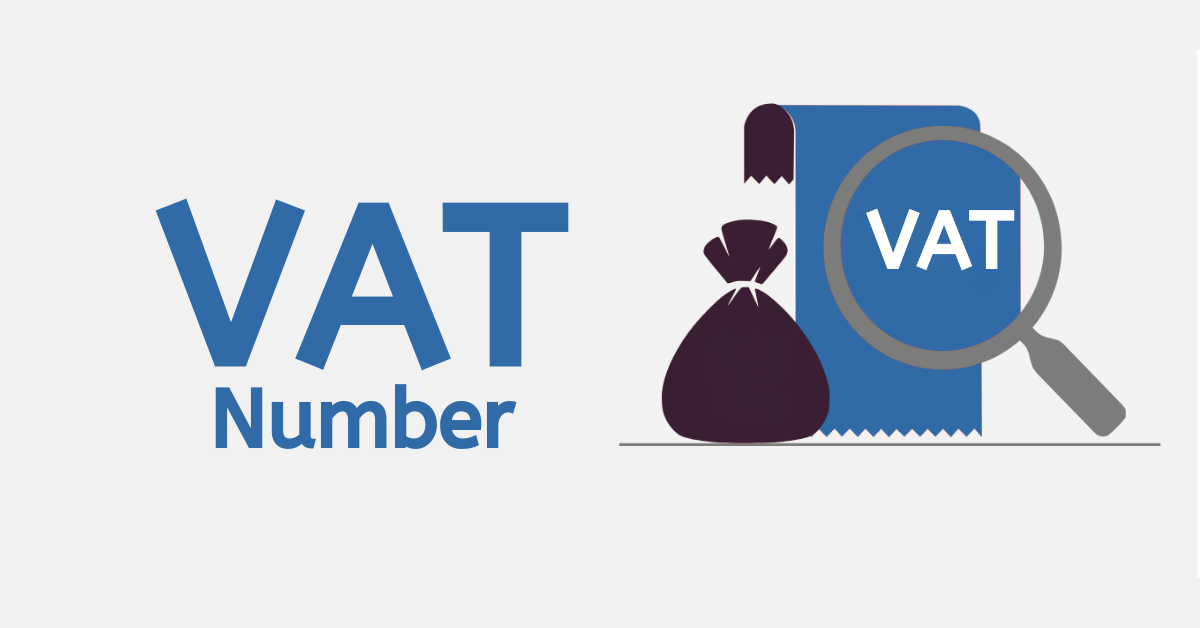For businesses operating in the so-called B2B space, or where they sell their goods and services to other businesses, not individuals, knowing that a VAT registration status is legitimate is a very important part of doing business. Luckily, there are ways to check a VAT registration status, whether you want to make sure your own is in good standing or need to ensure a business partner is legitimate and has not given you fraudulent data that will have a knock-on effect on your own business. Today, we look at some ways to check VAT registration status in South Africa.
How Do I Check My VAT Registration Status In South Africa?
If you want to check your own VAT registration status, one of the easiest ways to do so is to log in to your SARS eFiling and make sure that your VAT tax type is active. You should also find your VAT103 form, or the Notice of Registration, among your communications from SARS. Lastly, activate and then regularly check your tax compliance on the main eFiling dashboard, which will let you know if issues with your returns, payments, or other tax necessities have been found on the system.
If you are curious to know whether you appear on the VAT Vendors search portal for SARS for other companies, you can also type your VAT number from SARS into the engine and check it is displaying properly. This will let you address any issues you find with SARS directly.
How Long Does SARS VAT Registration Take?
SARS offers a benchmark of 21 days on processing any return type you file. This includes your VAT registration application. However, most people report a timeline between 10 days and 2 months to receive everything.
This often hinges on whether you are already correctly registered as a business entity at CIPC, if you have provided all information accurately (including requested supporting documents), and the general volume of transactions they are handling at that moment. For example, if you file your VAT registration in the last week of income tax season, expect a longer processing time than if you did it on some random quiet Wednesday in the year.
SARS has the right to wait to issue your VAT registration until they have audited and verified all documents. However, they often issue the VAT number a lot faster for companies of a size and operating in a sector that is seen as low-risk. So if you are a small business doing voluntary registration, you will often have a shorter waiting time than if you are a mega-corporation with an offshore presence. Sometimes, this issuance can be near-immediate, so you may get lucky.
How Do You Confirm If A Company Is Registered For VAT?
To confirm if a company is registered for VAT with SARS, you should start at the SARS VAT vendor portal. This useful tool will check the provided VAT number against the SARS database, and tell you if the company is still registered in good standing.
If you note an issue with the VAT number you have for the company, it would be smart to get in contact with SARS to see if there has been an honest mistake, or if the VAT number is fraudulent.
Remember to always check the details of the company match. Bad actors can use a legitimate VAT number that isn’t for their company to trick you into doing business with them.
How Do You Check If A VAT Return Has Been Submitted?
If you need to check that your VAT return is submitted to SARS, you can do this through the SARS eFiling for your company. Log in to the eFiling portal. On the left of the screen, you should see a variety of menu options, including both ‘returns issued’ and ‘returns history’. When you open either of these, you will see submenu options for all tax types you are registered for, including your VAT201
If your return was correctly filed, it should be present in the historic data shown under ‘returns history’ for the VAT201 of the month you are checking. If you do not see the return here, check under your ‘returns issued’ menu. This is a ‘parking lot’ for returns you have requested on the system, but which have not yet been officially filed. If the return is here, check that it is filled in correctly then press the ‘submit to SARS’ button.
If you cannot find the return, you can use the ‘returns search’ function to try to narrow down why. If you cannot locate the return in any of these places, you can see if it is still requestable (i.e. was never issued) under the ‘returns issued’ menu. There is a drop-down box on the top right which allows you to request previously unfiled returns. If the return is then issued, this is a sign you never submitted it in the first place and should do so urgently.
If the return is neither requestable nor showing as submitted, you may want to call the SARS hotline for assistance. It could have been filed through another channel (like directly at a branch) or have another administrative hitch.
How Does VAT Work For Small Businesses In South Africa?
Small businesses, just like larger ones, may need to register for VAT when their taxable turnover exceeds the prescribed threshold. Or you could choose to voluntarily register earlier to leverage the benefits of operating as a VAT vendor. VAT-registered businesses are required to charge and collect VAT, which is referred to as ‘output tax,’ on the goods and services they sell. The standard VAT rate in South Africa is currently 15%. This means that businesses need to add 15% to the invoiced amount when they sell goods or services.
Small businesses can also claim input tax credits, the bit that appeals to most voluntary VAT registrations. Input tax is the VAT that a business pays on its purchases and expenses related to its operations. To claim input tax credits, businesses need to maintain proper records and ensure that the expenses are incurred for business purposes. This reduces your overall VAT liability.
You will then file regular VAT returns, typically every 2 months although some other categories exist. SARS informs you of the right category when you get your Notice of Registration. These returns are a summary of the output tax collected and the input tax paid. If the input tax exceeds the output tax, the business may be eligible for a VAT refund. If the output tax is higher, the business must pay the difference to SARS.
To comply with VAT regulations, you need to show your business and the customer’s VAT number (where applicable) alongside the VAT-inclusive and VAT-exclusive amounts on the invoice. You also need to keep strong financial records of your VAT-related transactions. Don’t forget to budget for, and set aside, VAT payments to avoid cash flow issues.
There’s very little difference in VAT handling between large and small businesses, it’s just a matter of volume and complexity.
